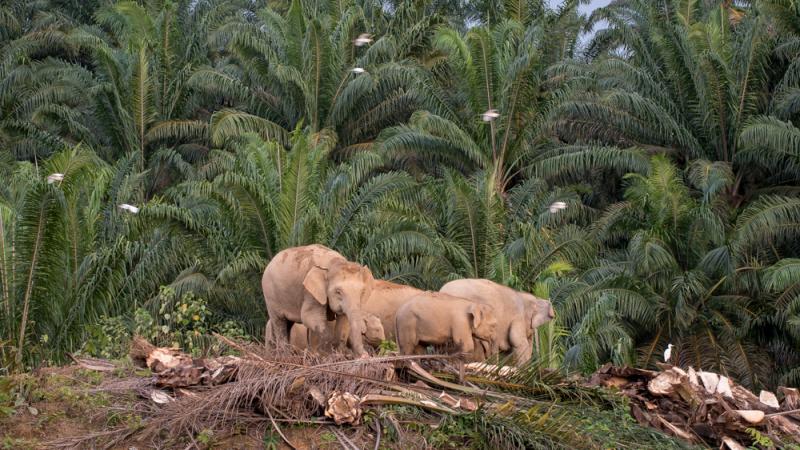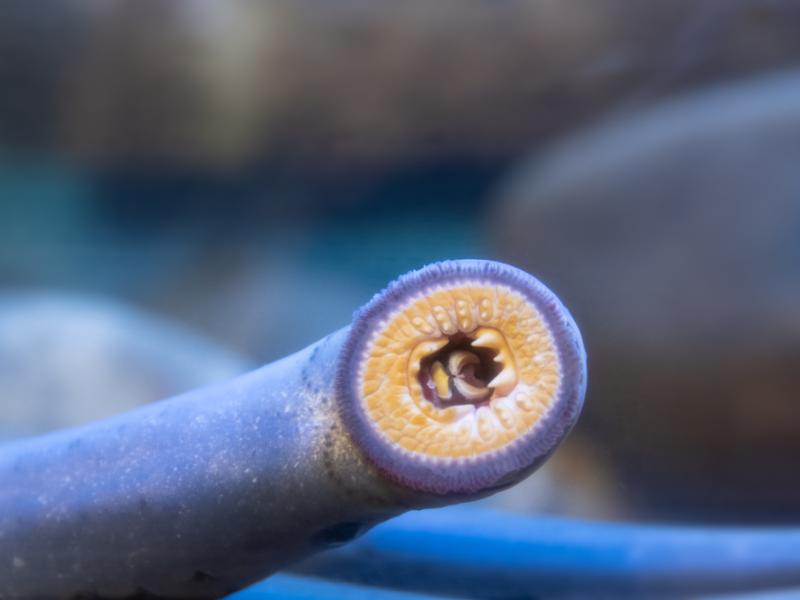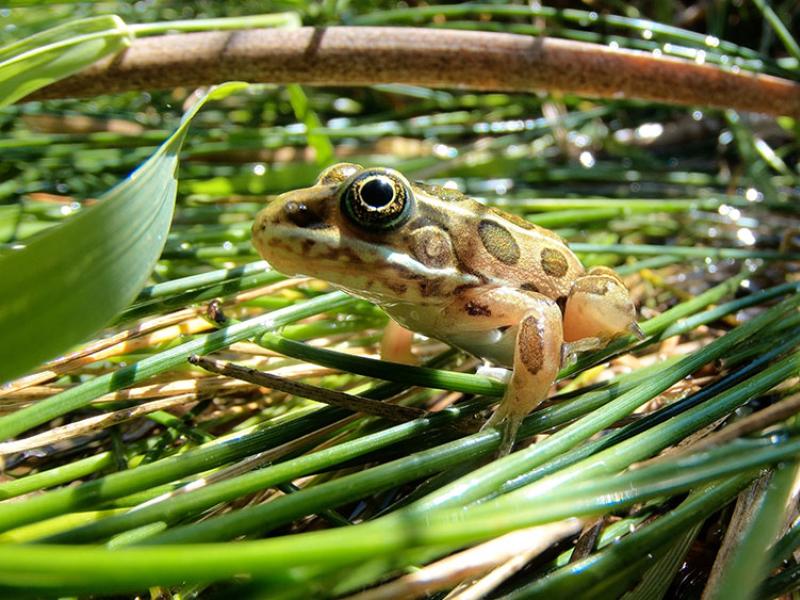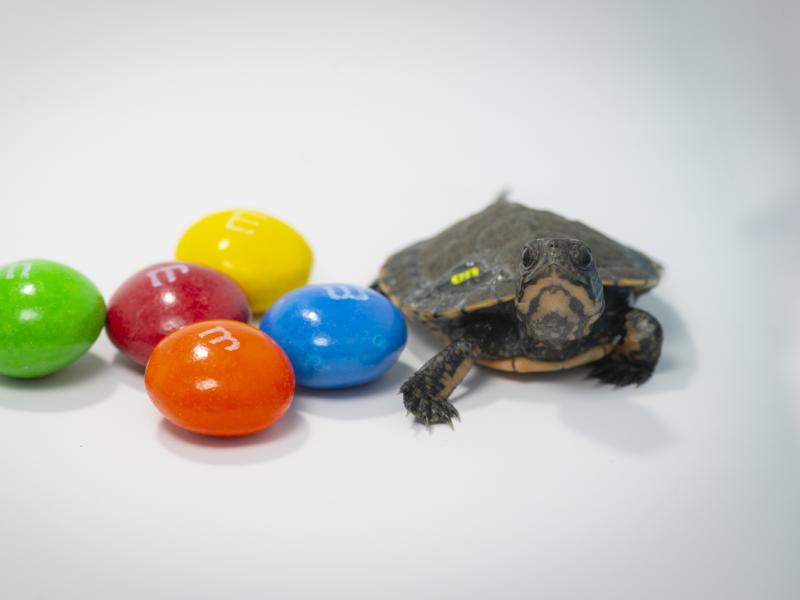5 things you should know about palm oil

Palm oil is the most popular vegetable oil in the world, and the cheapest to produce. It's used in thousands of products, from cookies to lipstick. Indonesia and Malaysia produce about 85% of the world's supply, using roughly 53,800 square miles — half the size of Oregon.
The cost: When produced unsustainably, the palm oil industry destroys vital habitats for increasingly endangered orangutans, tigers, Asian elephants and sun bears.
Here are five things wildlife advocates need to know about the issue.
1. You likely consumed palm oil today without knowing it
Palm oil is in an estimated half of all packaged food products sold in American grocery stores. It's in the majority of cosmetics. Most baby formulas, laundry detergents, chocolate bars, toothpastes and shampoos contain palm oil. It can even be found in products as seemingly "additive-free" as cow's milk.
2. Ingredient labels won't always tell you which products contain palm oil
An ingredient may be derived from palm oil if it includes the word "palm" in it (with the exception of hearts of palm), such as palmate or palmitate. An ingredient may be derived from palm oil if it includes the words "lauryl," "laureth," the prefix "stear-," "vegetable oil," "glycerin" or "emulsifier." Hundreds of ingredients contains small amounts of palm oil and go by different names, which means many products contain palm oil even when it's not listed as an ingredient.
3. Boycotting palm oil won't save forests or wildlife
Boycotting is a legitimate expression of consumers' environmental concerns, but it's not likely to save wildlife or forests. If consumers boycott palm oil, companies could buy alternative oils that may require up to nine times as much land to produce. Meanwhile, palm oil growers would have even less incentive to produce responsible palm oil.
4. Responsibly produced palm oil does exist
In order to clean up palm oil's environmental record, companies must (1) stop deforestation, (2) maximize crop yields on their existing plantations, (3) plant only on degraded land and (4) allow wildlife to use the plantations without harassment. This is certified sustainable palm oil.
5. When consumers demand responsible palm oil, companies take action
Some American companies have committed to using only deforestation-free palm oil. Others have done little or nothing to cut deforestation from their supply chains. Before you shop, do some research. Identify and buy products from companies that have committed to deforestation-free palm oil. Speak out to businesses that still don't. Find out how companies rank here.
More News

Zoo welcomes 'very special group' of Pacific lamprey
Twenty five Pacific lamprey arrived at the zoo from nearby Willamette Falls.June 26, 2025

A leap forward: Endangered frogs hit survival milestone
For the first time, zoo-reared northern leopard frogs survived a winter in the wild at the Columbia National Wildlife Refuge.June 12, 2025

Tiny Endangered Turtle Hatchlings Arrive At Zoo
Seventeen northwestern pond turtle hatchlings, each about the size of a walnut, are making themshellves at home at the Oregon Zoo this summer.June 4, 2025

